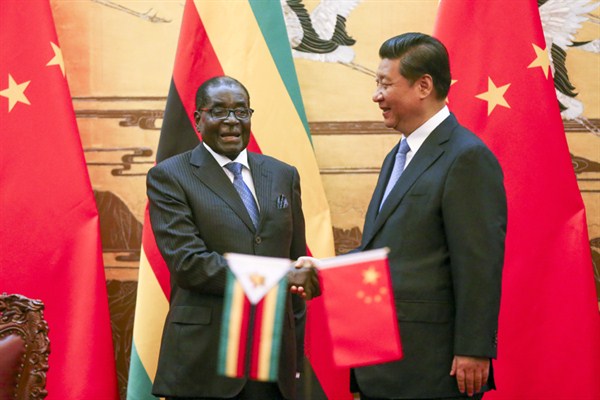Chinese investment and engagement now touches almost every aspect of Africa’s economy, including infrastructure, transport and logistics, trade, manufacture, agriculture, telecommunications and, of course, resource extraction. Because of the vastness of this engagement, commentators frequently fall back on catchall concepts, including an assumption that Africa is essentially passive in this relationship. The reality is much more complicated. Instead of simply imposing Chinese approaches on African realities, Chinese actors frequently try to attain their goals by partially adapting to specific African systems, with varying degrees of success.
This article provides examples of this process by looking at China’s relationships with three southern African states: Mozambique, Zimbabwe and South Africa. After briefly introducing China’s history with all three countries, the article will use these case studies to show how China interacts with three models of African governance: nominal democracies with weak institutions like Mozambique, autocratic governments like Zimbabwe and established democracies with stronger institutions like South Africa. The article will conclude by moving beyond bilateral relations to show how China is engaging with regional and international networks.
A Brief History of Chinese Engagement in Southern Africa

